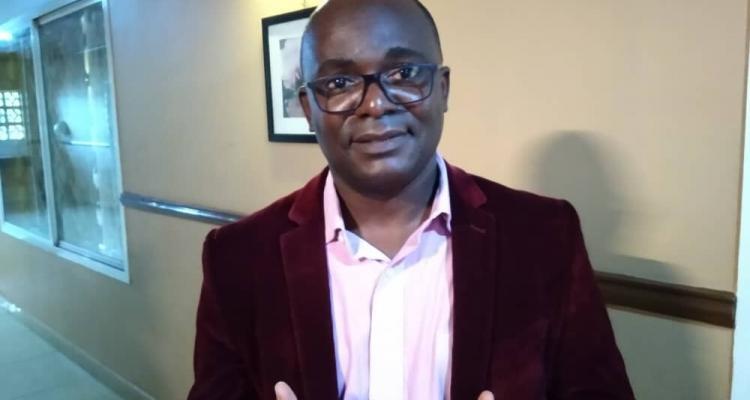
The Centre for Human Rights and Rehabilitation (CHRR) has urged government to ensure that there is wide consultation with all critical stakeholders in the development of the National Peace Commission Bill, which aims to promote peace and coexistence in the country.
In a statement signed on Wednesday by CHRR Executive Director Michael Kaiyatsa, the organization said it considers the development of the National Peace Commission Bill as a sign that government is committed to promoting unity and peaceful co-existence in the country.
Kaiyatsa said government should ensure that there is support and political will if the proposed National Peace Commission Bill is to be successful in achieving sustainable peace and unity in the country.
He the expressed concern that there has not been sufficient public input or consultation on the Bill.
“Our interaction with communities shows that they know nothing about this Bill, which raises concern that the government is going ahead with this Bill without really talking to the people that are going to be directly or indirectly affected by it.
“CHRR warns government that pushing the bill without seeking people’s input will backfire. Consulting the people who will be affected by the Bill to make sure that they know what this proposed legislation is all about, that they understand what is it and that they see the merits of it, is consistent with section 12 (1)(a) of the Republican Constitution of Malawi, which clearly states that,” he said.
He went on that CHRR believes that before any law is passed in parliament, citizens ought to be consulted democratically in a transparent, inclusiveness, accessible and open manner in order for the citizens to provide their interests to any public policy issue before it is made either into law or policy.
According to Kaiyatsa, it is so to ensure that the Bill is properly and publicly scrutinized considering the nature and possible implications of this Bill on efforts to achieve sustainable peace and unity in this country and to heal the wrongs of past regimes.
He therefore called upon the Ministry of Civic Education and National Unity to publicly share information about this Bill, and consult all critical stakeholders, including victims of human rights abuses of past regimes so that they share their perspectives before the bill is finalized.














